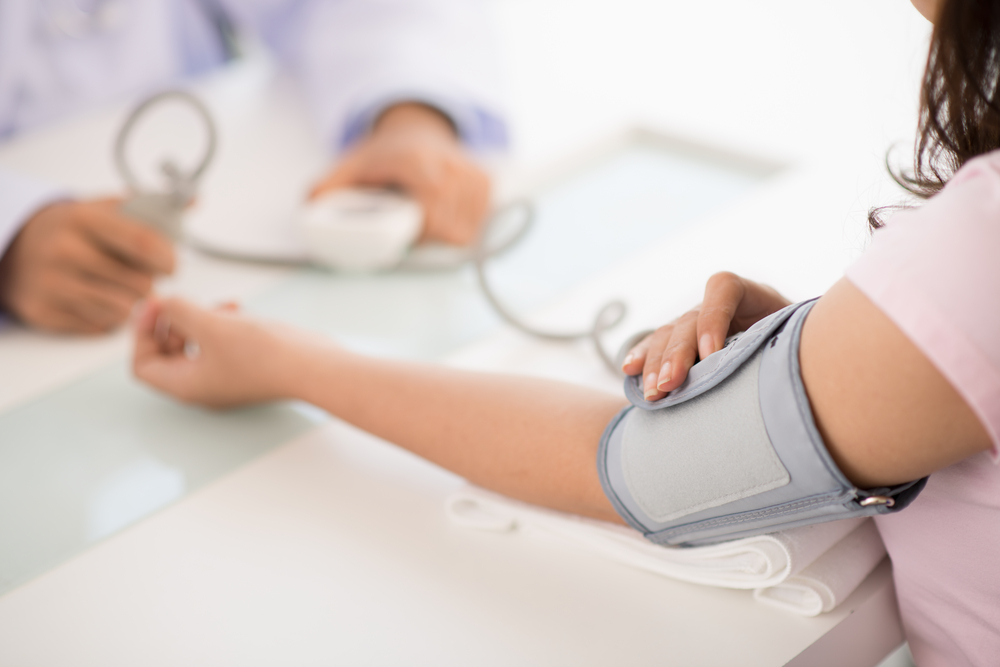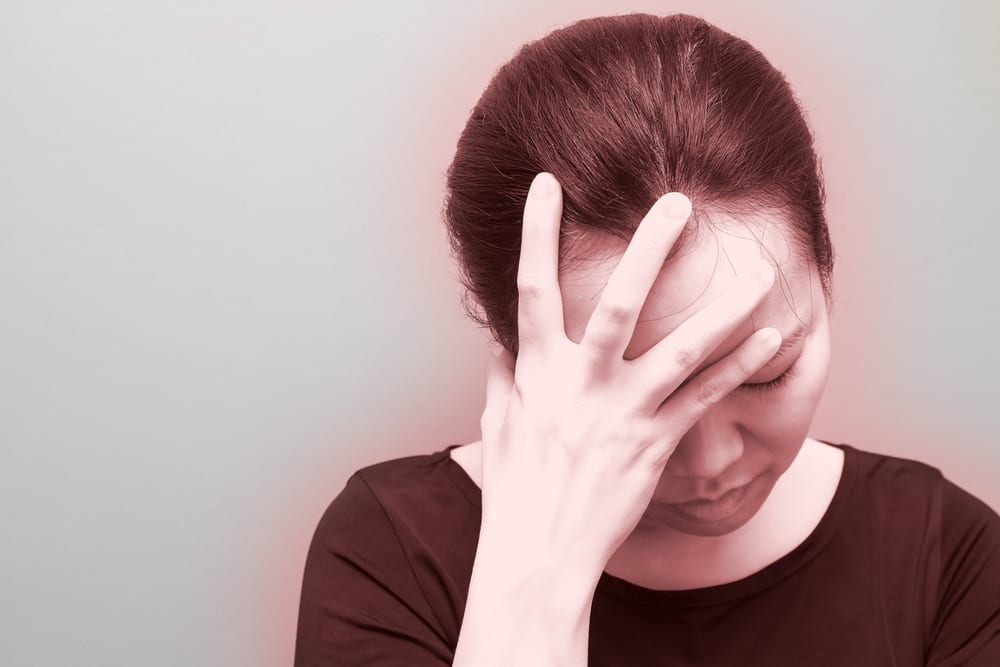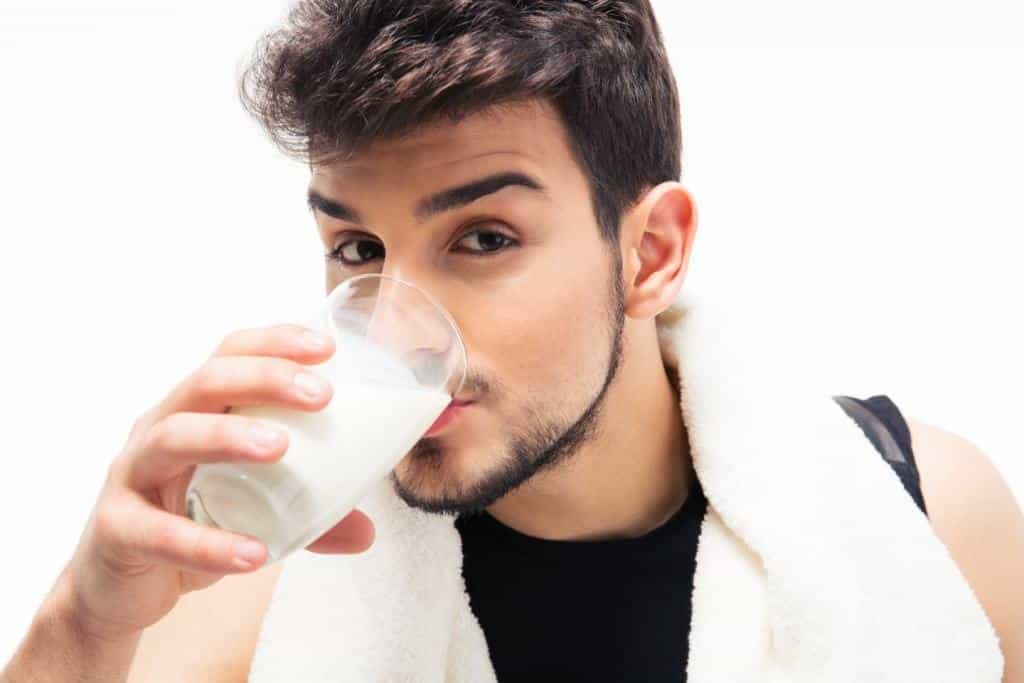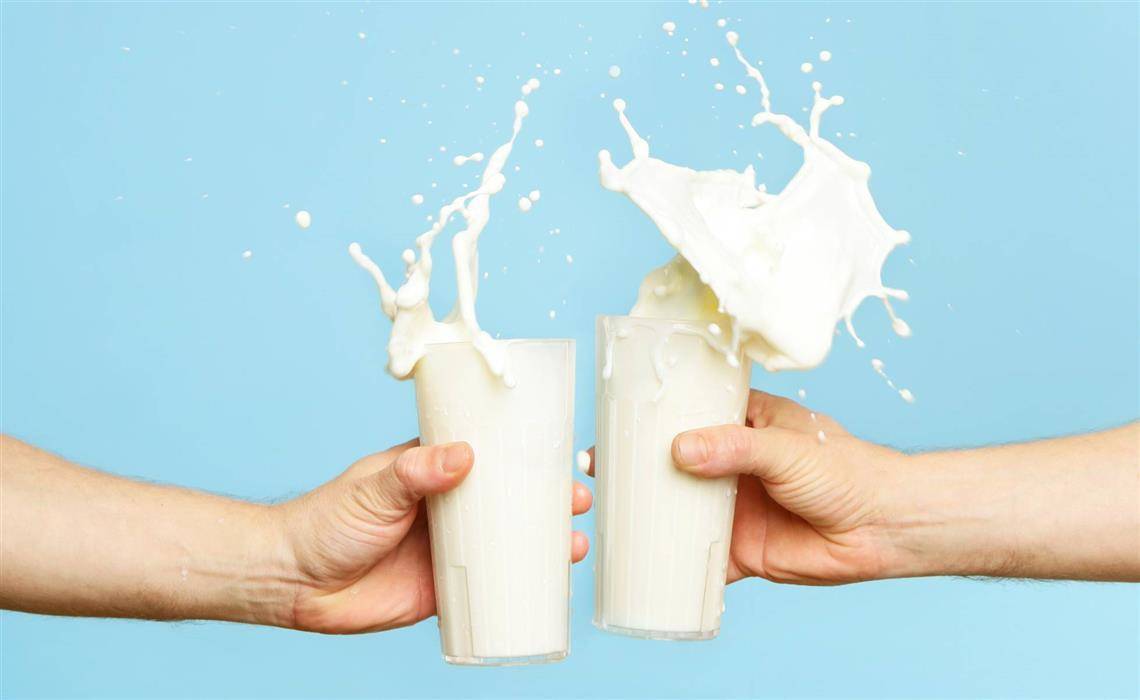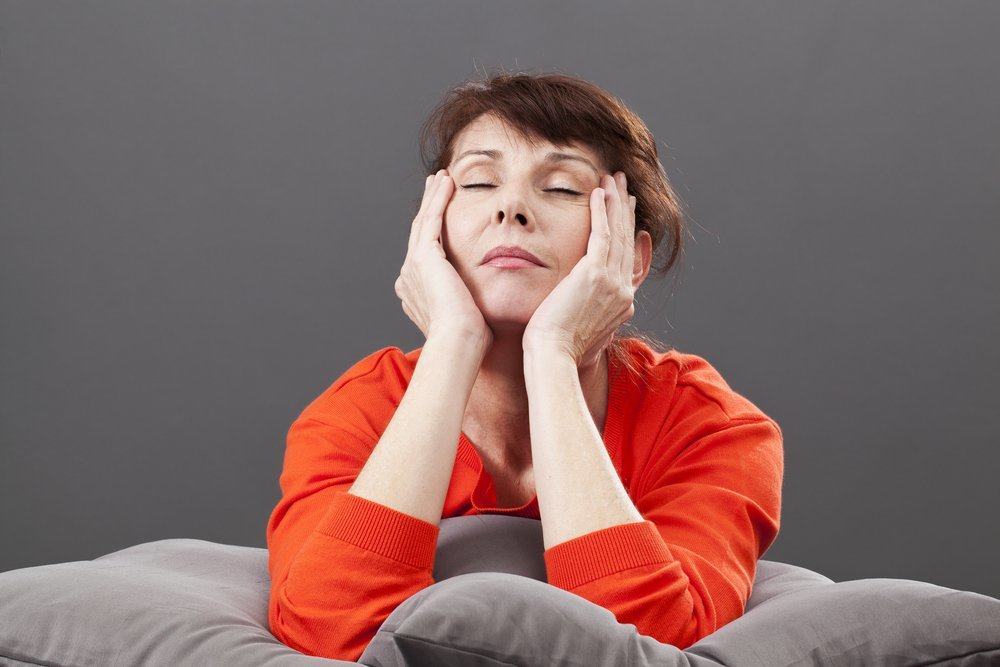Contents:
- Medical Video: Teen stroke survivors
- The main cause of stroke in adolescents
- 1. Sickle cell anemia
- 2. Congenital vascular abnormalities
- 3. Heart disease or heart malformation
- 4. Hypertension
- 5. Infection
- 6. Migraine
- 7. Cancer
- 8. High cholesterol
- 9. Hormone therapy, steroid use, birth control pills, and teen pregnancy
- 11. Medicines
- Stroke symptoms in adolescents
Medical Video: Teen stroke survivors
Teenage stroke is rare. The most common stroke age group is adults over the age of 65 years. Children with certain health problems and pregnant women can experience a small increase in the risk of stroke, but in adolescents it is a different problem.
The main cause of stroke in adolescents
Teens who experience strokes often have one or more of the medical problems that affect blood clots and strokes, including the conditions below.
1. Sickle cell anemia
Sickle cell anemia is a hereditary blood condition and causes blood clots caused by a process called 'sickling,' or a characteristic change in the form of red blood cells in response to physical stress such as infection. These blood clots can form anywhere in the body, and if a blood clot forms in the brain or on the way to the brain, it will cause a stroke.
2. Congenital vascular abnormalities
Examples such as brain aneurysms and arterial malformations may cause clots, resulting in ischemic stroke, but are more likely to rupture, causing hemorrhagic strokes.
3. Heart disease or heart malformation
Can result in irregular heartbeat, heart function problems or heart attacks, all of which can cause strokes. Congenital heart disease is generally diagnosed at a very early age, but teenagers must carry out regular health checks to detect and deal with the types of problems that occur.
4. Hypertension
It is not common in teenagers, and it is usually a sign of a medical illness such as hormonal imbalance. Untreated hypertension can interfere with blood vessels and can cause heart disease or stroke.
5. Infection
Especially severe infections, can interfere with the immune system and blood cells so that it can increase blood clots, and cause strokes, may occur. The best way to protect yourself against serious infections is to keep up with immunization.
6. Migraine
Rarely associated with stroke, but teens who suffer from migraines experience a slightly higher stroke rate, and must carry out a thorough medical evaluation to determine whether the migraine is true only mild migraine or whether it is actually a mini stroke.
7. Cancer
Increases blood clot formation due to changes in body physiology and also as a consequence of several anticancer treatments.
8. High cholesterol
Relatively rare in adolescents, but there are some congenital metabolic disorders that can cause blood cholesterol levels to rise, and can cause heart disease and cerebrovascular disease, increasing the risk of stroke.
9. Hormone therapy, steroid use, birth control pills, and teen pregnancy
All can change body hormones, vascular physiology and blood clotting functions, increasing the risk of stroke.
10. Head trauma, concussion or other severe trauma
Causes disruption in the body, and has an impact on ischemic or hemorrhagic stroke for young people.
11. Medicines
Can cause stroke at any age. The use of cigarettes, energy drinks, caffeine pills or drugs are major risk factors for stroke.
Stroke symptoms in adolescents
It is not common for teenagers to experience a stroke. Teenagers may not complain about symptoms of the disease. If your teen has the following symptoms, he or she should get medical treatment immediately:
- Severe headache
- Changes in vision
- Limp
- Confusion
- Difficulty speaking
- Difficulty in understanding
- Unusual behavior
- Decreased alertness
- Difficulty walking
- Bad balance
Stroke in adolescents can change lives. Learn more about how parents and teenagers get help and support. Post-stroke rehabilitation can help teens achieve the best results that can lead to a happy, healthy, and productive life.

